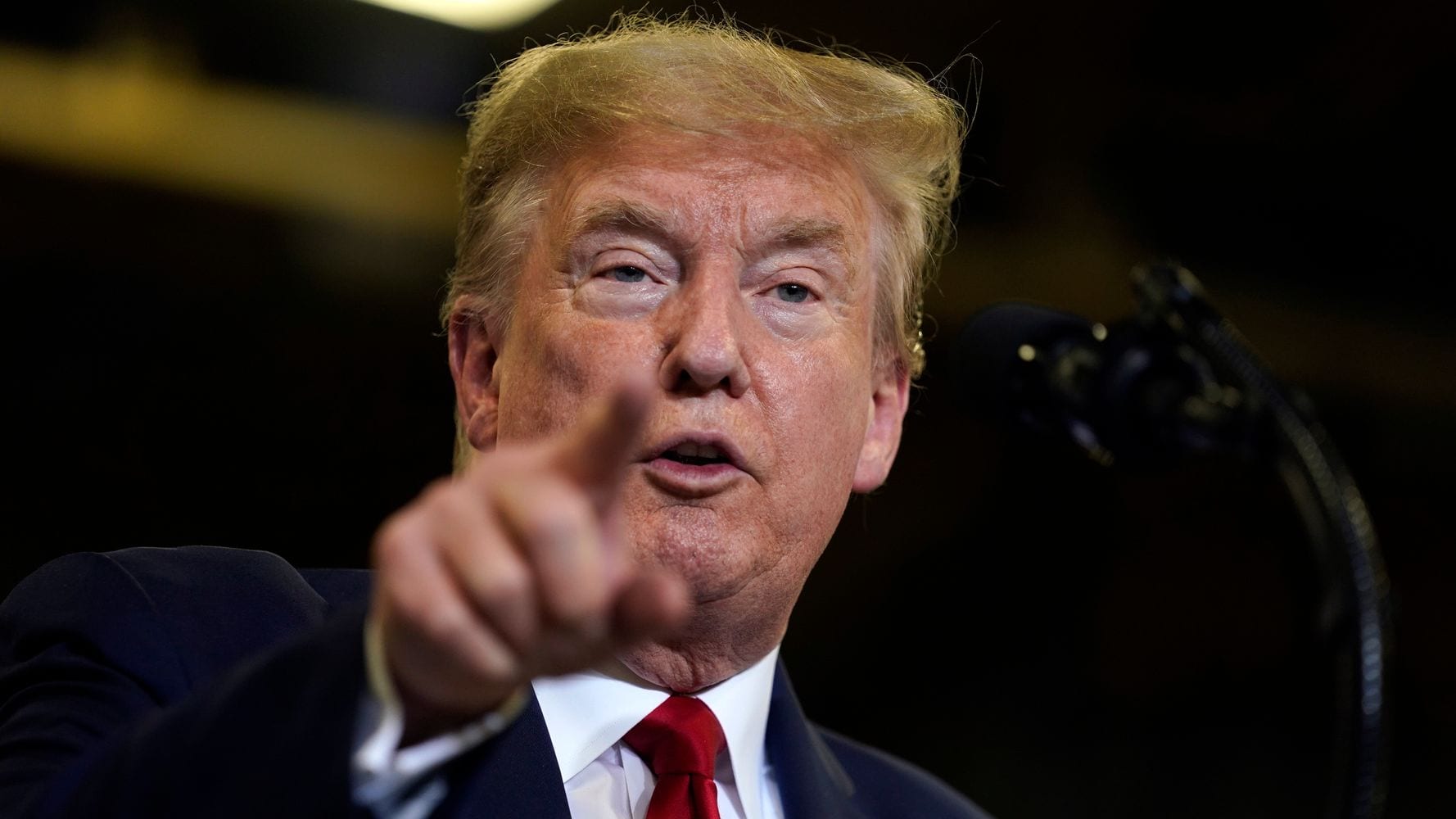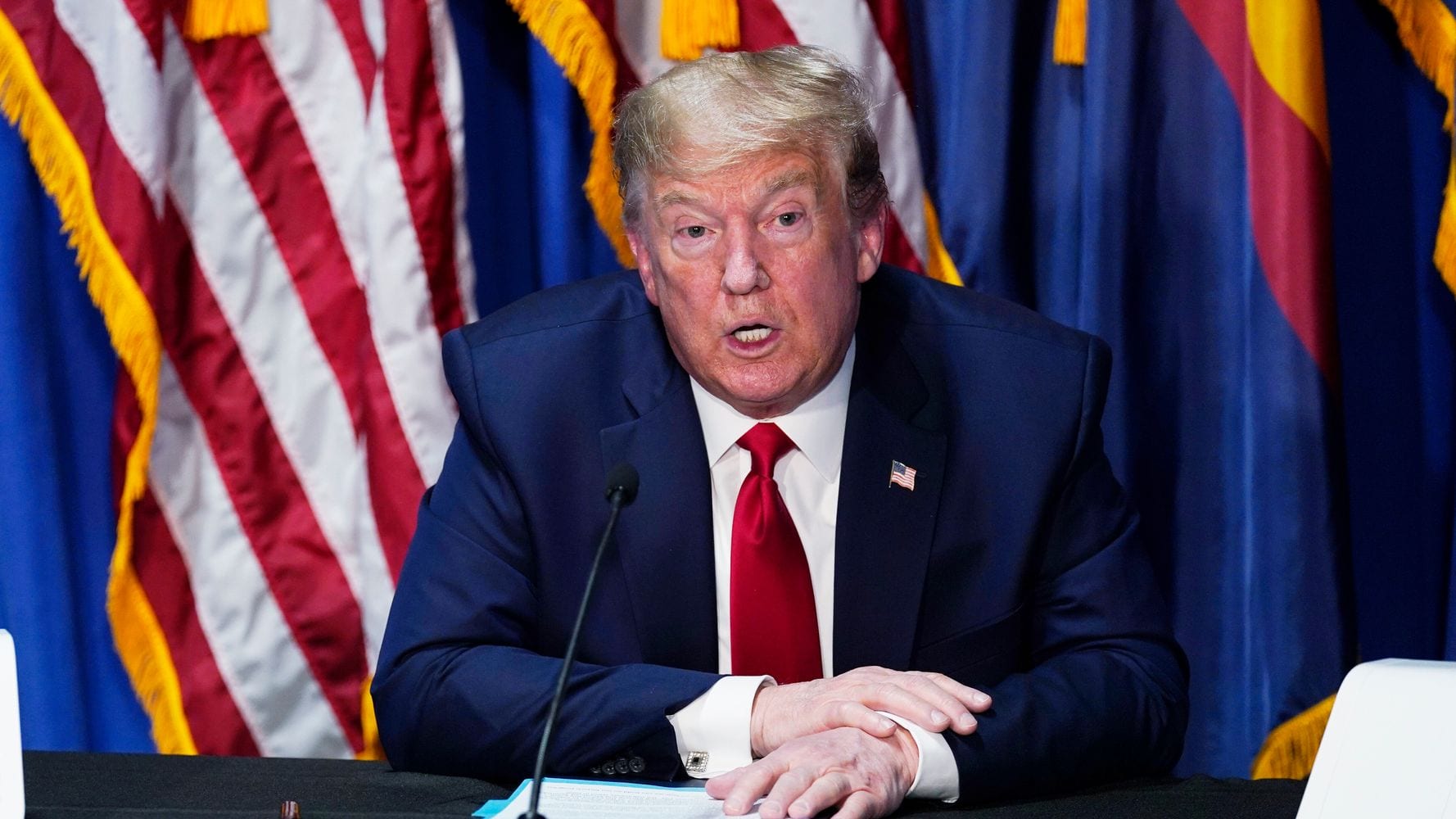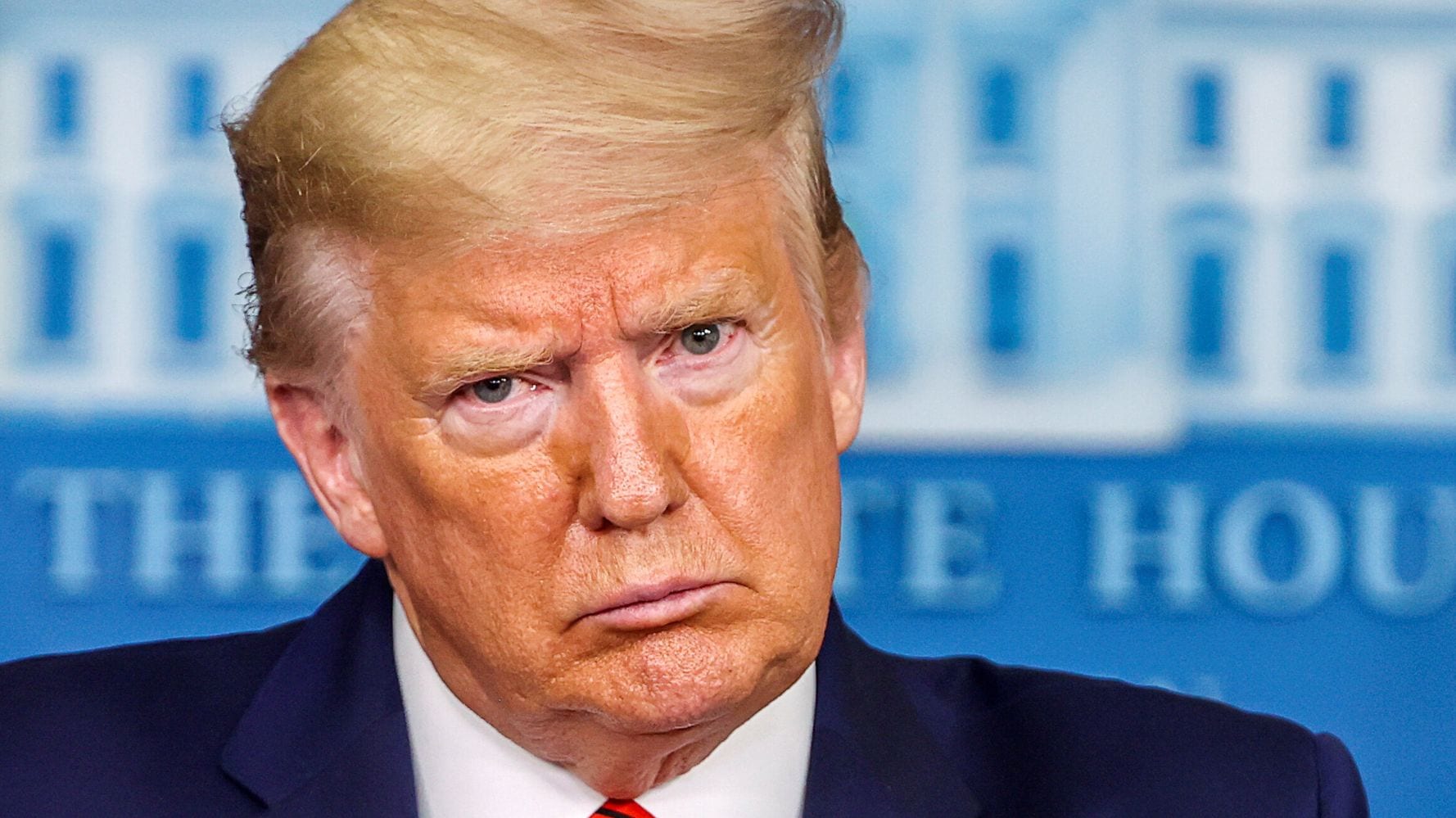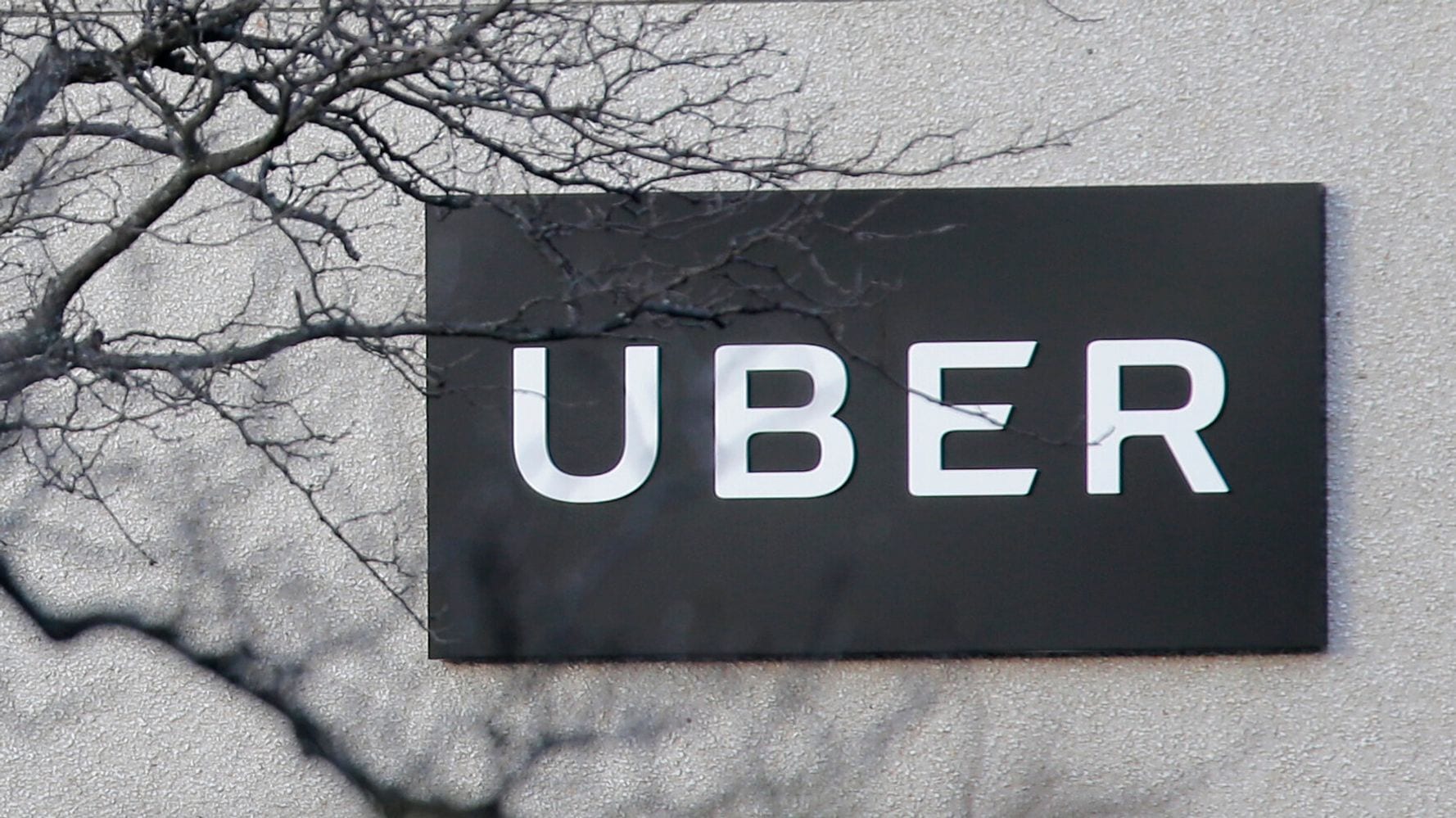[ad_1]

Every Democratic presidential nominee since the 1980s has picked a senator as their running mate, but if the party’s presumptive nominee, Joe Biden, does the same in 2020, he could risk what will be, at best, a razor-thin Senate majority.
Biden has publicly declared he will pick a female running mate, and most of the names frequently floated for the job come from the Senate: Elizabeth Warren (D-Mass.) and Tammy Baldwin (D-Wis.) are popular picks among progressives; moderates prefer Sen. Amy Klobuchar (D-Minn.) or Sen. Tammy Duckworth (D-Ill.); those seeking a woman of color often suggest Kamala Harris (D-Calif.) or Catherine Cortez Masto (D-Nev.).
But a growing group of Democrats are warning about the electoral risks of once again picking a senator as a running mate. Increased political polarization has made Democratic victories in rural states rare, making it more difficult than ever for the party to seize control of the Senate. Even temporarily handing a Senate seat to the GOP could hinder the Democratic agenda.
These analysts note that Republicans could win seats even in bright blue states during the 2022 midterms. And critical losses could imperil Biden’s plans to pass Democratic priorities like expanded health care access, student debt relief and gun control.
“People really underestimate the fact that if we win the presidency, the second we win, we’re going to start losing almost every conceivable election where we don’t have an incumbent,” said David Shor, the director of political data science at Civis Analytics, which does data work for many major Democratic groups, including Senate Majority PAC, the major Democratic super PAC.
Biden is likely to be well aware of the possibilities: The death of Massachusetts Sen. Ted Kennedy, and the subsequent victory by Republican Scott Brown in a special election, nearly torpedoed efforts to pass the Affordable Care Act in 2010 when Biden was vice president.
In the subsequent midterm elections, Democrats lost the Illinois seat previously held by then-president Barack Obama. Biden’s seat also nearly fell to GOP hands, but was saved after Republican primary voters selected tea party activist Christine O’Donnell as the nominee.
“It’s part of the calculus. If you’re Biden, the most productive years of your presidency are going to be your first two. And if you’re dealing with a 50-50 Senate, every one of those votes counts,” said Addisu Demissie, a Democratic operative who managed New Jersey Sen. Cory Booker’s bid for the presidential nomination last year. “But it’s down the list. I don’t think it disqualifies people.”
Republicans have a 53-47 majority in the Senate, though Democrats are mounting a strong challenge to take control of the chamber for the first time since 2014. Still, barring a Biden landslide, most strategists believe a Democratic majority at the start of 2021 is likely to rely on either a vice president casting a tie-breaking vote in a 50-50 or on a slim 51-49 advantage.
The possibility of losing a critical Senate seat could push the Biden campaign toward the other options, including Michigan Gov. Gretchen Whitmer, New Mexico Gov. Michelle Lujan Grisham, former Georgia gubernatorial candidate Stacey Abrams and Florida Rep. Val Demings.
Biden has said he’ll announce a selection committee for his running mate by May 1, with the final selection likely happening sometime in July.
Klobuchar, Baldwin and Cortez Masto all represent swing states where Democrats typically prevail by slim margins. Duckworth and Warren represent solidly blue states where Democrats nonetheless lost Senate seats during Obama’s first midterms.
Under state laws, replacements for Klobuchar, Cortez Masto, Duckworth and Harris would serve until the 2022 election.
But Wisconsin Gov. Tony Evers (D) would not be able to make an interim appointment for Baldwin, and a special election would take place in the spring of 2021 against a state Republican party considered one of the nation’s most ruthless.
Warren also faces a unique problem: She’s the only potential pick under consideration where a Republican, Gov. Charlie Baker, would pick her replacement.
A possible solution to worries about Warren comes from a memo written by Marc Elias, the party’s most prominent election lawyer. The document was requested in 2016 by then-Senate Minority Leader Harry Reid, who was pushing former Secretary of State Hillary Clinton’s campaign to name Warren as its vice presidential pick.
The memo outlines a way for Warren to stay in the seat until the day before Massachusetts’ already scheduled Sept. 1 primary. With the Nov. 3 general election just two months later, a Baker appointee would only serve during a brief period when no major legislation is expected to be considered. (The Senate is tentatively scheduled to leave on October 12 and not return until after the election.)
The key is timing: When Warren would file a letter of resignation, and when she would decide to make that resignation effective. As long as she filed it more than 70 days before the primary, she would be free to set her actual resignation date on any day before the primary. The Democratic Party would then likely see a contested primary for her seat.
By scheduling the election to replace Warren on the same day as the presidential general election ― when Biden is likely to win Massachusetts by double digits ― Democrats could shrink the chances of the GOP claiming the seat, blocking Republicans from having an additional senator during the early days of Biden’s presidency.
The memo, the existence of which was first reported in 2016, relieved Reid of his concerns about losing Warren’s seat. But the method outlined would require Warren to resign her seat, potentially risking the end of her career in politics if a Biden-Warren ticket were to lose.
A spokesperson for Warren declined to comment on the memo.
For Klobuchar and Cortez Masto, the concerns are electoral rather than legal.
Both Nevada and Minnesota have strong state Democratic parties that have led to winning streaks in recent years, coupled with elected Democratic officials statewide — but neither is bright blue. Republicans won a Senate race in Nevada as recently as 2012, and the GOP has long viewed Minnesota as a prime pickup opportunity.
The concerns are less acute for Duckworth and Harris. Both states have only become more Democratic under President Donald Trump, and both are full of expensive media markets that could deter Republicans from making a serious play for the seat without recruiting a candidate with the ability to self-fund.
Duckworth, Harris and Cortez Masto were all first elected in 2016 and face reelection in 2022. Selecting Klobuchar, who was just reelected in 2018, would add an additional seat for Democrats to defend during the next midterms.
Calling all HuffPost superfans!
Sign up for membership to become a founding member and help shape HuffPost’s next chapter


















